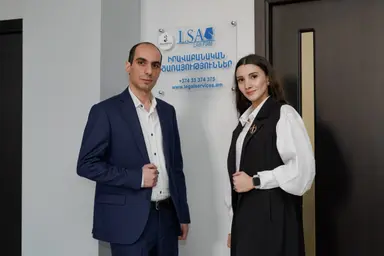Our company provides high-quality legal services in various areas of family law and inheritance law. We offer legal assistance in family and inheritance disputes throughout the Republic of Armenia, including cities such as Yerevan, Gyumri, Vanadzor, Kapan, Armavir, and other locations.
Family Law Services
Our legal services in family law cover several key areas, including:
- Drafting and concluding prenuptial agreements
- Divorce proceedings
- Child custody disputes
- Alimony recovery
- Distribution of assets acquired during marriage
- Combating domestic violence and defamation
Inheritance Law Services
We also provide legal services in various areas of inheritance law, including:
- Drafting wills
- Accepting inheritance by will or by law
- Protecting the rights of mandatory heirs and heirs who have accepted inheritance through actual actions
- Resolving other inheritance-related disputes
Approach in Family and Inheritance Cases
In family and inheritance cases, our lawyers prioritize conciliation of the parties whenever possible, as often the parties involved are family members. For example, prolonged court disputes over child custody can negatively impact the child’s mental health, which is detrimental to both the father and the mother. In such cases, our law firm always discusses the potential negative effects of legal proceedings on the minor child with both the client and the opposing party, aiming to keep the situation constructive.
































